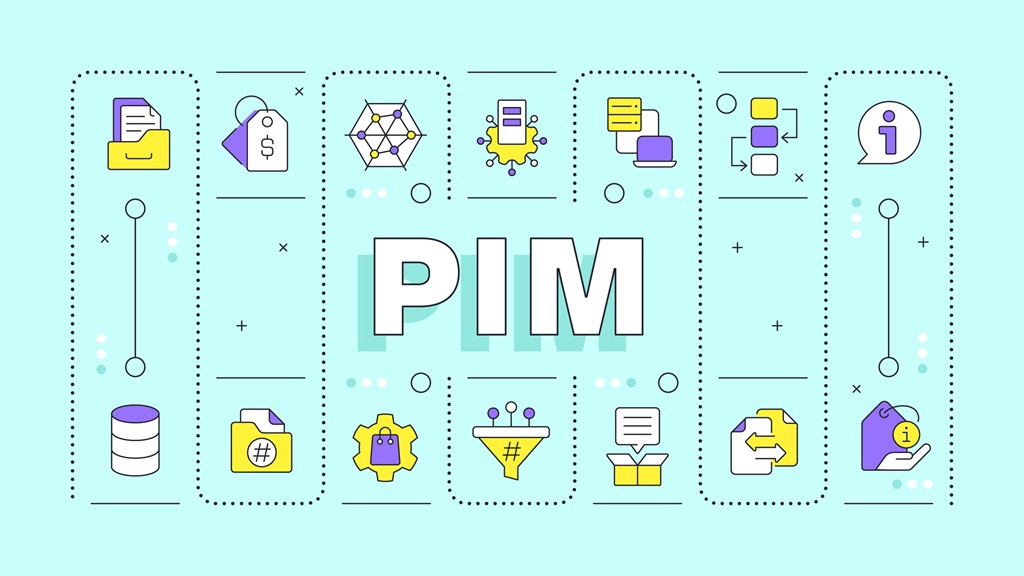Commerce 365 for Magento - B2B
Business Central & Magento B2B stores fully integrated
The core Commerce 365 product contains all functionalities needed for both B2C and B2B stores. Key features for B2B merchants, such as sales document history and Magento B2B pricing, can be added by installing this module.

B2B features
Improve your B2B buying experience to meet modern B2B ecommerce standards.

Sales document history
Bring Business Central data to your storefront and turn online accounts into self-service portals.

Adobe Commerce
Commerce 365 for Magento is fully compatible with Adobe Commerce stores.
Business Central x Magento B2B features
If you run a B2B business, Magento is the perfect ecommerce platform to give today's B2B buyers exactly what they want: the same digital experience as they're used to as a consumer. And by integrating Magento with Business Central, you can use your ERP data on your storefront for B2B functionalities.
Use Business Central pricelists in your Magento website
Custom pricing & discounts
With Commerce 365, you can seamlessly bring your Business Central pricelists into your Magento store, ensuring your B2B customers always see the correct pricing — without any manual work.
✅ Customer-specific pricing
✅ Group pricing
✅ Tiered discounts
When a customer logs into their online business account, Magento will automatically display prices and discounts tailored to their profile — exactly as defined in Business Central. No duplication, no errors, no hassle.
Deliver a consistent and personalized B2B experience while saving time and eliminating pricing mismatches.
Turn your magento store into a self-service portal
Sales document history
By integrating your Magento store(s) with BC using the B2B module — in their online account, your customers can gain easy access to all their B2B transactions. Even from past offline purchases, like phone orders or via EDI.
BC sales documents available in online account:
✅ Quotes
✅ Orders
✅ Invoices
✅ Shipments
✅ Credit memos
Custom fields and extensions supported
If you use custom fields or 3rd-party ISV apps in Business Central — for example, for logistics or delivery — these non-standard BC fields will be synchronized as well and shown in the customer’s online account.
Save time
Less admin overhead by reducing time spent on calls and emails about missing documents.
Scalable service
Serve more customers without increasing your support workload.
Better experience
= more loyalty – A self-service portal strengthens your relationship with your customers.
Access across time zones
For companies working with international clients, a self-service portal means that customers aren’t limited to your working hours — they can find what they need at any time.
A unique Magento login for every Business Central contact
Sub-accounts for B2B customers
The Commerce 365 B2B module enables full sub-account functionality, allowing each Business Central contact to have their own Magento login — while staying linked to the same customer account.
Once you start assigning individual logins to contacts, the main Business Central customer becomes the primary account, and each additional contact is added as a sub-account.
✅ Support multiple buyers under one company
✅ Individual logins for sales reps, purchasers, or departments
✅ Role-based permissions and approval workflows
✅ Centralized order history and account management
Empower your B2B customers to work the way they want — with flexibility, control, and a personalized experience for every contact.
You can also read about this B2B setup in Dutch on our Dutch page.
Let your B2B customers request personalized quotes
Add quote requests to your B2B portal
Move your B2B negotiations online with the Quote Request module. Instead of handling quotes through back-and-forth emails, buyers can add products to a quote cart, suggest prices, and submit requests directly from your Magento store. All quote data instantly syncs with Business Central, where your sales team can review, approve, or counter offers — without ever logging into Magento. Once approved, customers can convert quotes to confirmed orders in a single click.
Free consulting session for your business
Do you want to explore the possibilities for your organization? Feel free and book a 1-hour consulting session with one of our product specialists.














